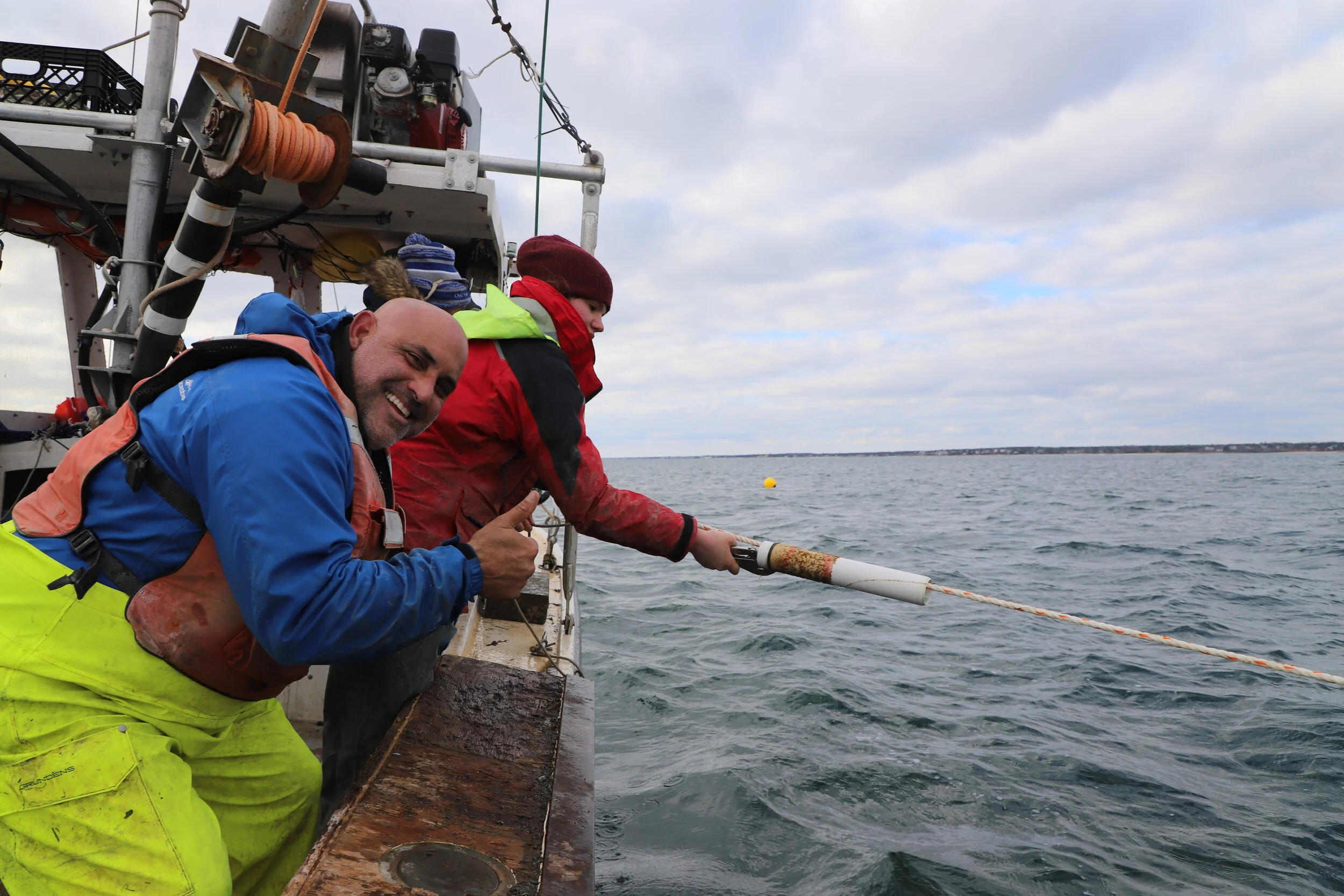
We are Chatham Kelp.
Chatham Kelp, founded in 2018 by Richard Curtiss, Carl Douglass, and Jamie Bassett, is a pioneering kelp farm located in Chatham, Cape Cod. This innovative venture focuses on harnessing the power of kelp cultivation for a variety of sustainable purposes, highlighting its numerous benefits for both the environment and human health.
One of the primary advantages of Chatham Kelp is its role as a sustainable food source. Kelp is rich in essential nutrients, including vitamins, minerals, and proteins, making it a valuable addition to the diet. By cultivating kelp locally, Chatham Kelp reduces the need for imported food sources, promoting food security and supporting the local economy.
Beyond its nutritional value, kelp also offers significant environmental benefits. As a fast-growing marine plant, kelp has a remarkable capacity for carbon sequestration, helping to mitigate the effects of climate change by absorbing CO2 from the atmosphere. Additionally, kelp plays a crucial role in nitrogen removal, which can help improve water quality in coastal areas.
Chatham Kelp's cultivation practices also contribute to coastal resilience. Kelp farms act as natural barriers, helping to reduce erosion and protect shorelines from the impacts of storms and rising sea levels. This erosion barrier function is particularly important in the face of climate change, where coastal communities are increasingly vulnerable to coastal hazards.
Furthermore, kelp offers a range of other valuable products and benefits. It can be used as a bio-stimulant in agriculture, enhancing soil health and promoting plant growth. Kelp can also be used to produce biofuels, offering a renewable alternative to fossil fuels. Additionally, kelp extracts are increasingly being used in skincare products for their nourishing and rejuvenating properties.
Overall, Chatham Kelp represents a sustainable and innovative approach to food production and environmental stewardship. By harnessing the potential of kelp cultivation, this pioneering venture is demonstrating the profound impact that seaweed farming can have on our health, our environment, and our future.


